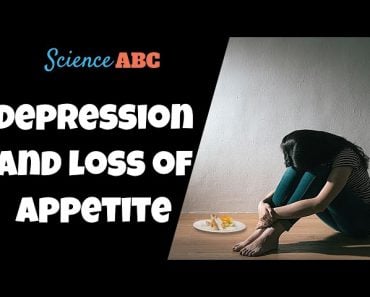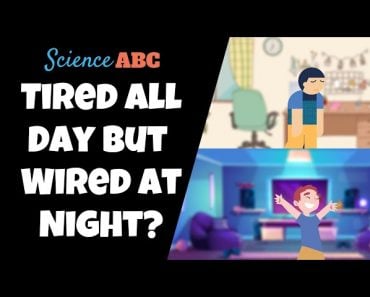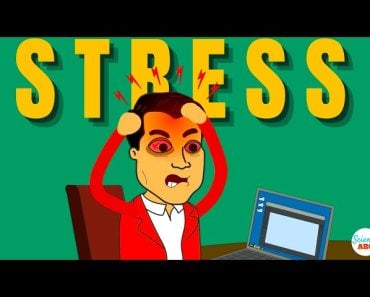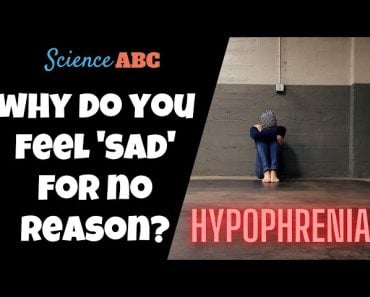Table of Contents (click to expand)
Sugar affects our brain by releasing dopamine and serotonin, which make us feel happy. However, eating too much sugar can lead to a sugar crash, which can make us feel tired, irritable, and depressed.
There are so many delicious things to eat these days – ice cream, cake, chocolate, flavored sodas etc. All these wonderful things have one ingredient in common: Sugar.
This simple carbohydrate (glucose, in its simplest form) is also added to our coffee and tea (in the form of sucrose, or table sugar). It is also naturally present in many important foods, such as milk (lactose) and fruits (fructose). Therefore, with this ingredient being so widely prevalent in our food, it’s time to find out how it actually affects our brain.
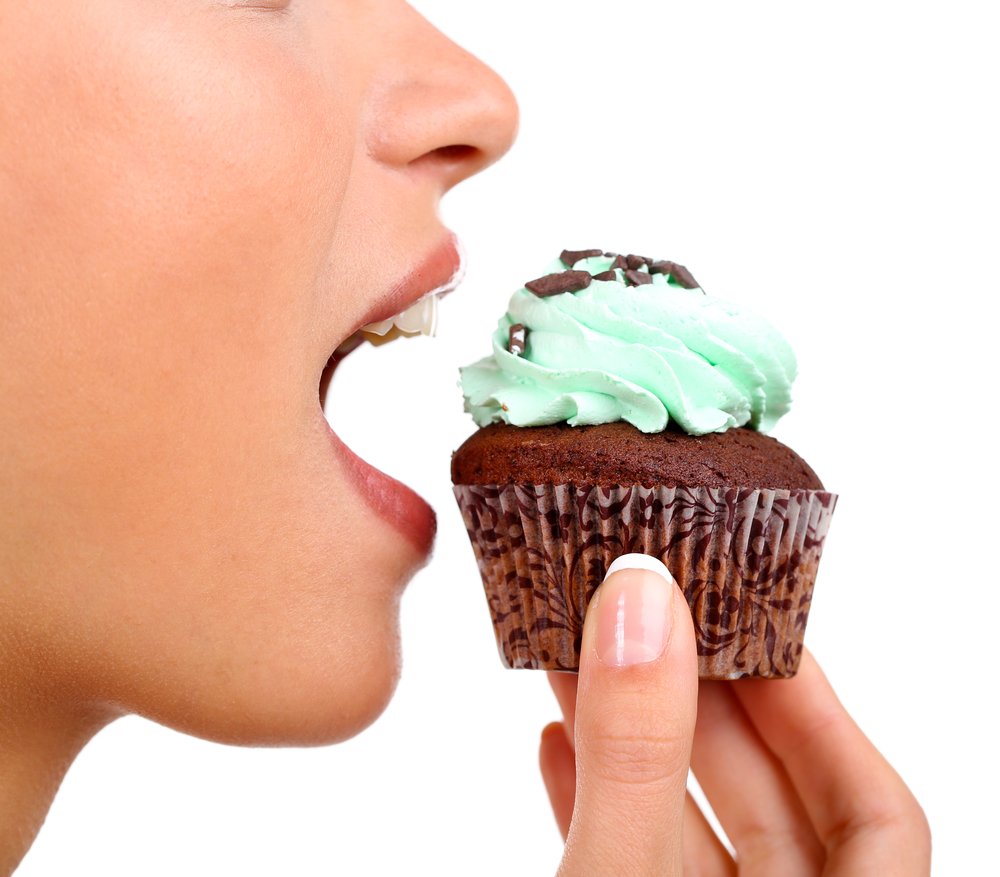
Recommended Video for you:
The Reward System
From the very moment that sugar enters your mouth, it is sensed by the tongue’s taste buds and a message is sent to the brain. This sugar-induced signal stimulates the release of dopamine, which is a neurotransmitter responsible for activating the brain’s reward system. Dopamine essentially makes you feel good, so every time you eat sugar, your brain releases dopamine, basically reminding you that eating sugar will make you happy.
In fact, this effect of eating sugar is so powerful that it triggers similar brain activity to extreme cases of the reward system: addiction. In cases of addiction, such as dependencies on drugs, nicotine and alcohol, dopamine receptors become hyperactive, which gives you a high. Sugar has a similar effect, although fortunately for us, it is not nearly as extreme. This dopamine burst leads to craving more sugar, and will even cause withdrawal symptoms when sugar isn’t available for a quick fix.
The Mood-Booster
Sugar also stimulates the release of a certain neurotransmitter called serotonin in the brain. This particular chemical is most famous for keeping us in a good mood. Therefore, this effect of sugar on our brain is a good thing, right? We eat sugar, so we feel happy. What could be wrong with that?
Sadly, it’s not that simple. Eating too much sugar releases far more serotonin than we need. When these serotonin pathways continue to be activated, our limited store of serotonin is eventually going to be depleted. Finally, due to decreased levels of serotonin in our brain, depression sets in, also coming in the form of a blood sugar crash and exhaustion.
Brain Power
Research has shown that sugar forms free radicals (nasty little molecules) in the brain’s membrane. These free radicals, in turn, prevent nerve cells from effectively sending signals to each other. The consequences of this decreased cognition could decrease our ability to remember instructions, process ideas, and handle our moods effectively. Who knew that too much ice cream could make us cranky!
Another way that sugar decreases our brain power is through the hormone insulin. When sugar is taken in by the body, the pancreas receives a signal to secrete insulin in order to deal with the excess sugar. Another interesting effect of insulin is the impact it has on the brain. Research has shown that insulin strengthens the connection between nerve cells, allowing them to communicate better and form stronger memories. When we consume excess sugar, though, insulin levels spike in the gut, lowering insulin levels in the brain. This, in turn, leads to weakened cognition. In other words, it turns out that eating too much cake before an exam might not be a great idea.
Mood
After eating a meal that is high in sugar, the sugar levels in our blood initially spike, but then suddenly go back down. Due to this “crash” in blood sugar levels, we feel negative emotions like anxiety and depression.
There are other effects that sudden rises and drops in blood sugar levels can have on your brain. These include making you irritable, causing mood swings, making your brain foggy, and tiring you out. Yikes!

What’s The Alternative?
Whenever you find yourself feeling sad, don’t grab the nearest bar of chocolate or rush to the ice cream shop around the corner. Instead, opt for whole grain foods. These foods make you feel full, but are also just sweet enough to give you that hit of serotonin you’ve been craving!
Another effective way of fighting off the craving for sugar is to eat fruits. Fruits contain sugar, and are also a great source of fiber, which has the added benefit of keeping your insulin levels in check.
Therefore, stay happy and sugar-free by biting into that delicious apple, rather than digging your hand into the candy jar!







